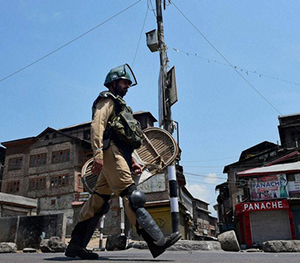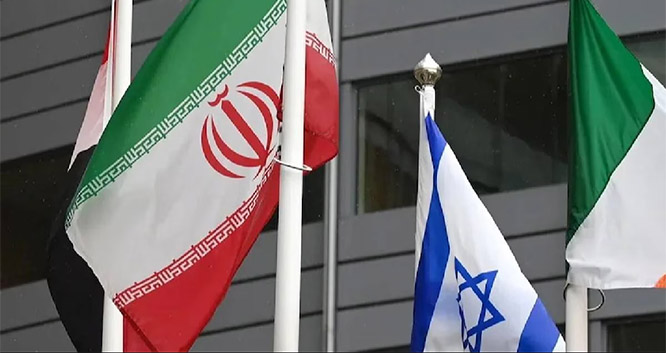New Delhi, Aug 29: Pellet guns, which are being used by security forces for crowd control in Jammu and Kashmir, will not be completely banned but will be fired in "rarest of rare cases", a top government official said today.

Senior government functionaries have arrived at this conclusion after extensive consultations with security forces and examining the ground realities in Kashmir Valley.
The option of firing pellet guns will remain but it will be used only in rarest of rare cases, the official said.
The government is facing severe criticism for using the pellet guns for crowd control in Kashmir Valley as the weapon has caused large-scale injuries in the 51-day unrest following killing of Hizbul Mujahideen militant Burhan Wani on July 8.
During his two-day visit to Kashmir on August 24-25, Home Minister Rajnath Singh had said an alternative to pellet guns will be given to security forces in the coming days.
"In the coming few days, we will give an alternative to the pellet guns. These guns were earlier considered non-lethal but some incidents have taken place... We formed an expert committee a month ago which was expected to give report in two months but it will be coming very soon," he had said.
The expert panel, set up by the Home Ministry to find an alternative to pellet guns, is believed to have zeroed in on 'PAVA shells', a chilli-based ammunition, which is less lethal and immobilises the target temporarily.
The committee held a demonstration of the newly-developed shells at a test field earlier this week and gave the thumbs up for use by security forces for crowd control and during protests like those being witnessed in the Kashmir Valley in place of the pellet guns which have caused grievous injuries and large-scale blinding.
The 'PAVA shells', as per the blueprint prepared in this regard and accessed by PTI, were under trial for over a year at the Indian Institute of Toxicology Research, a Council of Scientific and Industrial Research (CSIR) laboratory in Lucknow, and its full development has come at a time when Kashmir is on the boil.
Sources close to the committee said it has favoured 'PAVA shells' as an alternative to pellet guns and has recommended that the Tear Smoke Unit (TSU) of the BSF in Gwalior should be tasked with bulk production of the shells "immediately", with the first lot not of less than 50,000 rounds.








Comments
Father uncle cousin king.
Why cant use this in other states . Because they are muslims
Add new comment